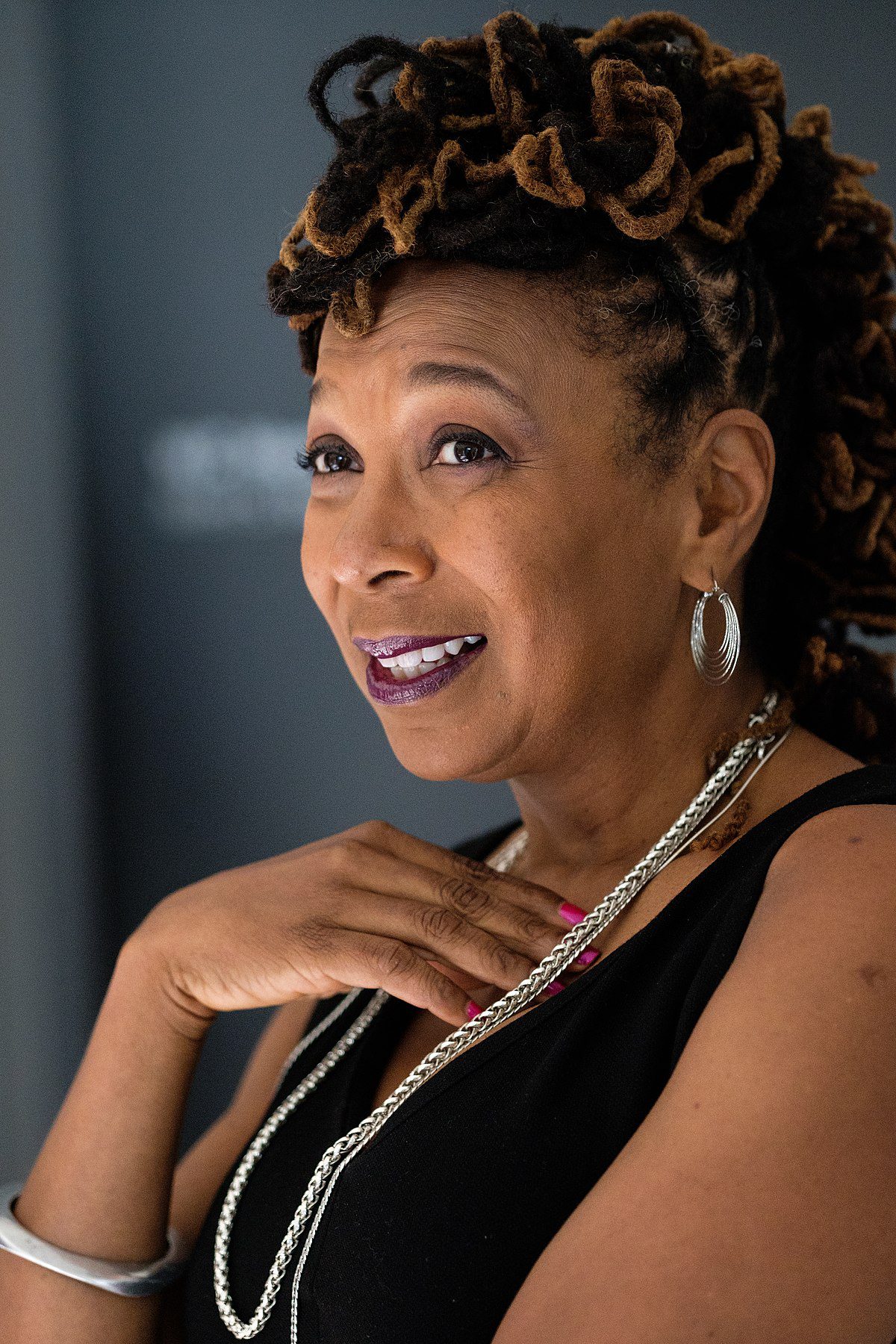
Kimberle Crenshaw, one of the most prominent figures of the critical race theory movement, appeared at Duke University on Sunday to discuss intersectionality, according to Duke Chronicle.
Crenshaw headlined the university’s Jean Fox O’Barr Distinguished Speaker Series, per the outlet. Duke’s Department of Gender, Sexuality and Feminist Studies, Department of African and African American Studies, Center for Multicultural Affairs, and Center for Black Culture were among the organizations that sponsored the event.
Crenshaw spoke about her thought process behind creating critical race theory and how she envisioned it would impact institutions.
“We found institutions that really weren’t prepared to do anything differently than to give us a seat,” Crenshaw said, “They weren’t prepared to rethink their curriculum … to think about admissions … to think about what … rethinking those things would mean in terms of who’s qualified to come to Harvard Law School to teach.”
Crenshaw told students that the theory was inspired by the notion that race and gender could not be assessed independently when examining discrimination. Simultaneously harboring two marginalized identities, such as female and black, can lead to unique experiences of oppression.
“My objective was to come up with some kind of a remedial strategy — some way to get them from their limited conception of what racism looked like and their limited conception of what sexism looked like to where those conceptions actually came together,” Crewnshaw said.
The professor lamented that her theory has been targeted by Conservatives amid the broader cultural war over race and gender topics.
“At this point, 23 states have passed legislation limiting how race and racism can be taught, how other social justice-oriented ideas can be taught,” Crenshaw said, “Nearly 25 million schoolchildren are now being educated in these sort[s] of regimes.”
Crenshaw, a professor at Columbia Law School and one of the preeminent scholars in race and feminism, has been at the center of controversies regarding her ideology.
She argued that the conservative state bans on DEI instruction in classrooms will create an unjust educational system.
“The pressure has to be everywhere, otherwise we’re going to have an apartheid education system,” Crenshaw said, “We can’t allow them to operate these two separate systems of knowledge creation.”